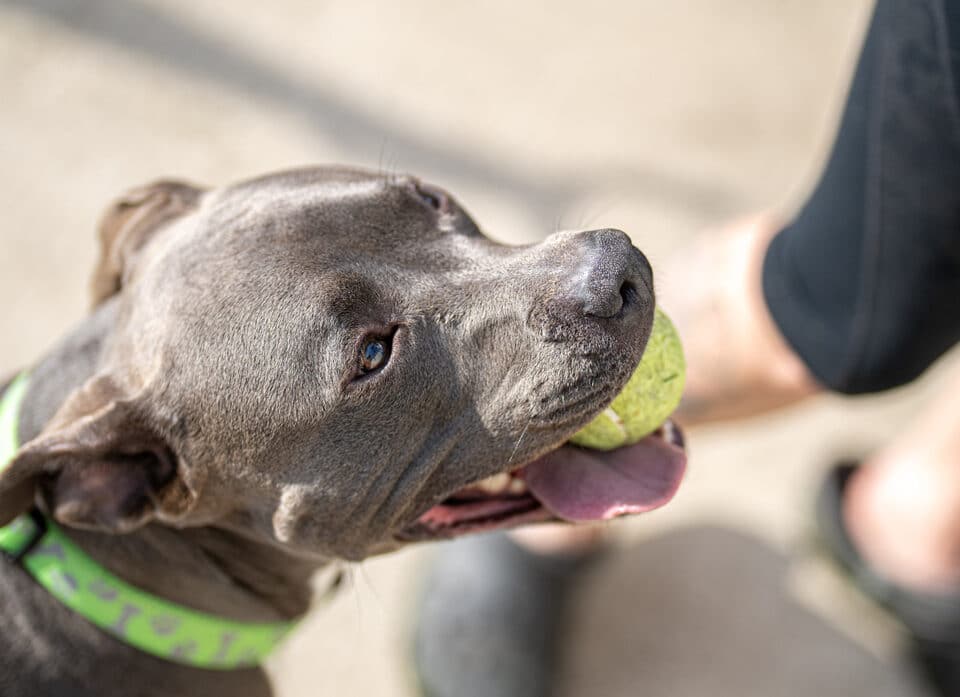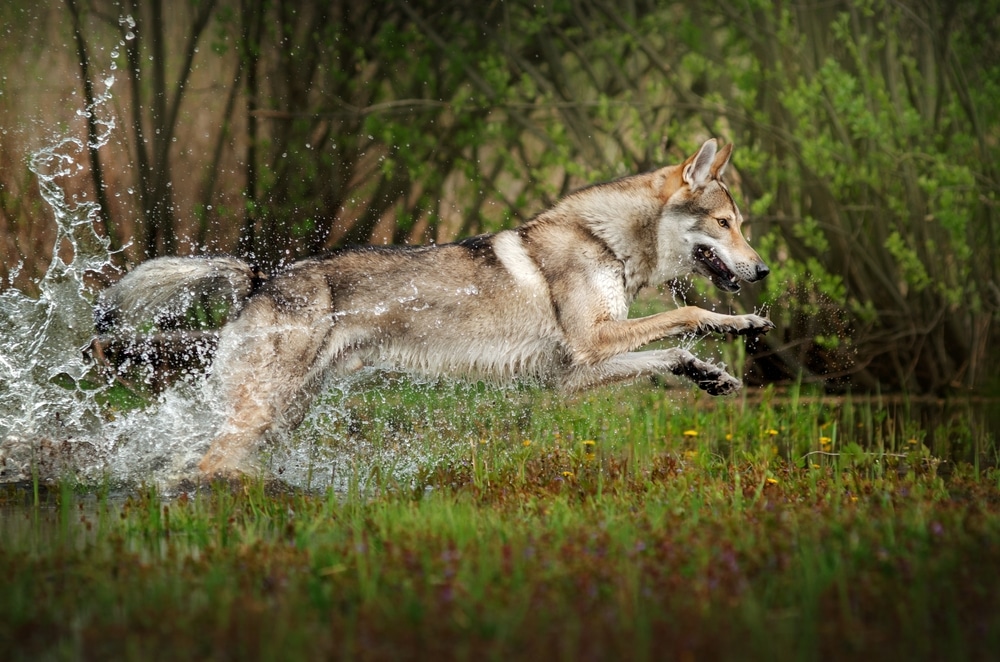Wondering how strong a Pit Bull’s bite really is? Let’s break down the facts and debunk some myths.
- Pit Bulls often get a bad reputation for their bite force.
- Scientific studies on dog bite forces are surprisingly few and far between.
- Pit Bulls aren’t the only dogs capable of strong bites—many breeds have impressive jaw strength.
- There are many myths about Pit Bulls, from their aggression to their so-called ‘locking’ jaws.
Pit Bulls often make headlines for being ‘dangerous,’ but it’s important to note that they aren’t the only breed involved in the 4.5 million dog bite cases in the United States each year. They are strong and have powerful jaws, but so do many other breeds.
Scientific studies specifically measuring the bite force of individual dog breeds are rare. One significant study focused on German Shepherds and Belgian Malinois, revealing that their median bite forces were 360.4 N and 247.0 N, respectively. Claims of dog bite forces exceeding 3,000 N are mainly myths without scientific backing. According to the American Veterinary Medical Association (ASPCA), various factors influence bite force, such as skull shape and body weight.
Interestingly, a study reported by the American Temperament Test Society (ATTS) found that Pit Bulls had a temperament score of 87.4%, surpassing the average dog population score of 80.4%. This indicates that Pit Bulls can be ‘nicer’ than the average dog, debunking the myth that they are inherently more aggressive.
Dr. Brady Barr’s research shows that a Pit Bull’s bite force measures around 242 pounds per square inch (PSI). For comparison, a wolf bites at about 400 PSI, and a shark at 600 PSI. Even domestic dogs can have a bite force of 320 PSI on average. Studies also indicate that jaw strength in dogs is proportional to skull size, meaning a Labrador and a Pit Bull have similar bite forces.
Now, let’s address some common myths: The ‘Pit Bull’ isn’t a recognized breed but a category encompassing several breeds like the American Bull Terrier and the Staffordshire Bull Terrier. Contrary to popular belief, Pit Bulls don’t have a ‘locking’ jaw mechanism. Also, they don’t require special training but benefit greatly from positive reinforcement, just like any other dog.
Though measuring a Pit Bull’s bite force is tricky, they rank around average for their size and don’t deserve their fearsome reputation if properly trained.










